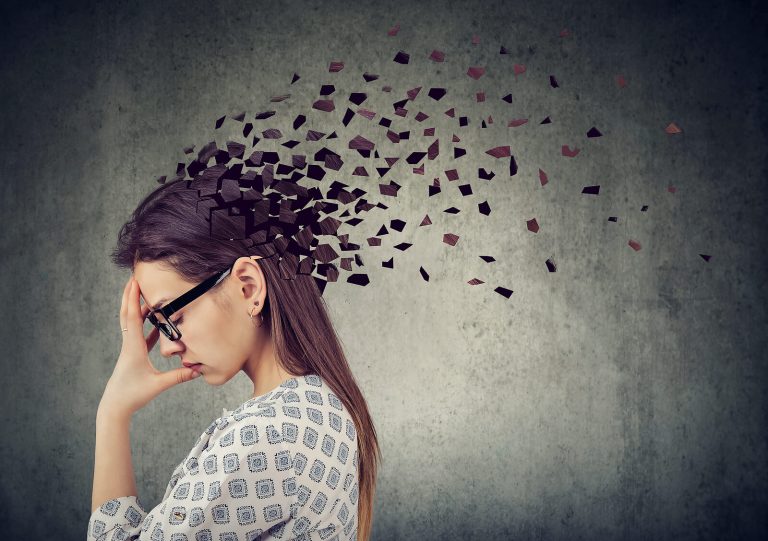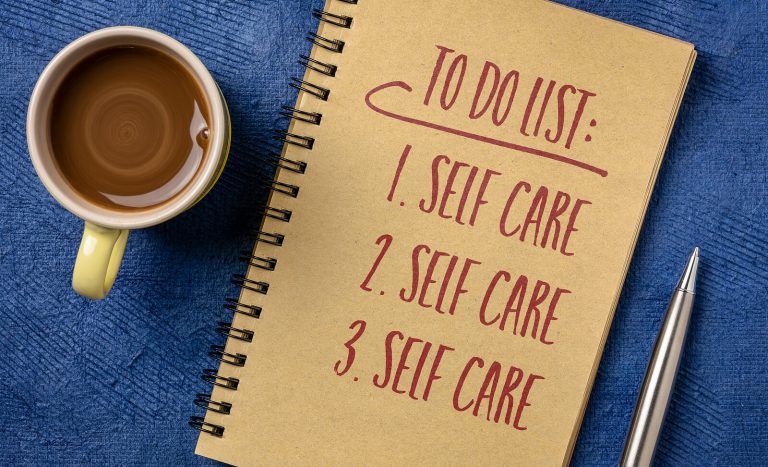Struggling with Depression: Sunlight Helps!

My junior and senior years of high school I lived in 20 minutes south of London, in England. It was an awesome experience! It was also when I learned how sensitive I am to sunlight. In England, during the winter months the skies are often gray. The average amount of light in November is 8 hours and 48 minutes per day. In December the average is only 7 hours and 54 minutes. It was dark when I got to school and dark when I left school to go home. I was constantly tired, lacked motivation, and had a bad case of the blues!
Many people have noticed that in the winter months they don’t have as much energy. They feel tired or feel like they have the blues. Some of those reading this may have been diagnosed with Seasonal Depressive Disorder (SAD). SAD is a form of depression. Regardless of whether you have seasonal depression or depression that persists throughout the year, getting out in the sun can be a game changer. This week’s post is about getting enough sunlight. Sun exposure is also the fourth component of the Therapeutic Lifestyle Change (TLC). TLC is described in Stephen Illardi’s book The Depression Cure: The 6-Step Program to Beat Depression Without Drugs.
According to Illardi, over 20% of our population suffers from winter blues. When we don’t get enough sun exposure our mood it impacted. The bright light we get from sunshine stimulates serotonin production in the brain. Serotonin decreases stress and depression while increasing our sense of well-being. This is why when we spend time outside, we feel a predictable positive shift in our mood.
If you feel it is difficult to spend time outside during the winter months, there is another option. You can purchase a 10,000 lux florescent light box with non-flicker light technology. These lamps are available on Amazon.com. If you choose to use a light box you need to use it 20-30 minutes a day to get antidepressant benefits. Although research indicates light boxes are completely safe for the vast majority of people, there are some who may have adverse effects, including; those with mascular degeneration, retinopathy, or retinitis pigmentosa; those with extreme light sensitivity; and those with bipolar. If you would like to begin using a light box it is best to consult your physician first.
In addition to utilizing a light box, taking a vitamin supplement can be helpful. Several years ago, I heard a psychiatrist presenting at a workshop share about Vitamin D and Omega-3s. At the workshop this particular psychiatrist shared that anyone who came to see her due to mood difficulties was recommended to take omega-3 and vitamin D. Since this time I have repeated read about the benefits of Vitamin D. Of course, vitamin D is produced when ultraviolent rays hit our skin which causes vitamin D production.
Most people who are depressed have extremely low levels of vitamin D, Even if you don’t struggle with depression over half of our population has a vitamin D deficiency by the end of winter. Vitamin D can be increased either by spending more time outside or by taking a supplement. Your doctor can also test your blood to see if your vitamin D levels are low. Again, it is recommended to discuss the addition of a vitamin supplement with your doctor before beginning to take them.
Hopefully you got some more ideas about how to improve your mood!!!
If you need help with depression, please call us at 720-583-9332. We will be happy to connect you with a counselor!
Written by Dr. Steffanie Stecker
Schedule an Appointment
We believe in an integrative and holistic approach to help you make the changes you want. Contact us now to schedule an appointment or to request a 20 minute free phone consultation. During this session, you will be invited to share your story and ask any questions you may have.
Recent Articles
Now Serving South Denver: Mountain Vista Psychology Opens New Location for Counseling, Neurofeedback & Testing
To The Wonderful Mountain Vista Psychology community: We have some exciting news to share: We are Growing and Excited to…
ADHD Testing: How Women Are Underdiagnosed and Misunderstood
Attention-Deficit/Hyperactivity Disorder (ADHD) is one of the most widely discussed and most commonly diagnosed disorders today. ADHD is more than…
What Does Self-Care Look Like in Motherhood
Motherhood can be a beautiful, transformative journey, but it is also exhausting, overwhelming, and often self-sacrificing. Somewhere between diaper changes,…
How Online Therapy Can Support Busy Mom Schedules
Motherhood is beautiful, but it is also exhausting, isolating, and overwhelming at times. So, let us just say it out…





